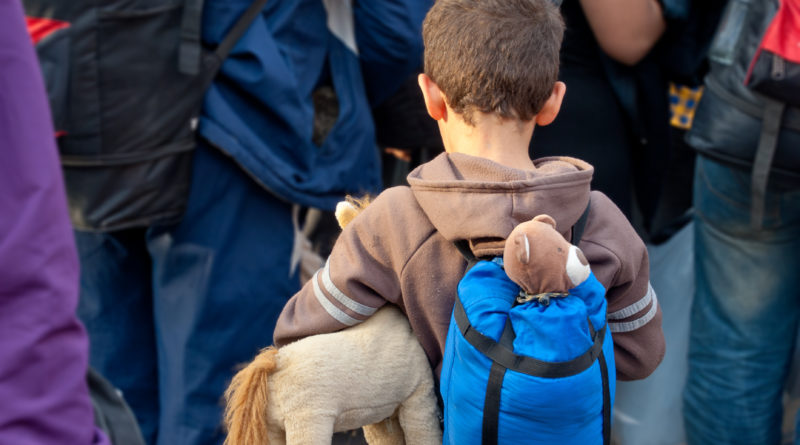Donald Trump Plans to Cancel Birthright Citizenship, And We’re Not Surprised
11,380 total views, 1 views today
President Trump plans to order an end to birthright citizenship, but thankfully, legal scholars have denounced it immediately as a wrong intrusion on the 14th Amendment. The fact is, the United States is familiar with ending birthright citizenship as the nation played a very important part in helping the Dominican Republic bring theirs to an end.
The role, which began many years before Donald Trump took the reins of the presidency, has since been a constant subject of criticism – from the Inter-American Commission on Human Rights, the Organization of American States, as well as former volunteers for the Peace Corps which served in Haiti, the nation that shares the Hispaniola Island with the Dominican Republic.
President Trump’s frequent criticism of birthright citizenship, as well as his demand for a wall between the US and Mexico, has brought up previous concerns that the United States is aggravating the hostile xenophobic attitudes of the Dominican Republic towards its Haitian minority.
An important inside view on the situation was gotten from a recently published interview of Pelegrin Castillo, one of the founding members of the National Progressive Force Party and a major supporter of the ruling of a Dominican court in 2013 that stripped citizenship off thousands of people residing in the Dominican Republic who are of Haitian descent.
He opined that before the proposal of building a wall between US and Mexico by Donald Trump, the Dominican Republic had already been discussing the need for a wall. He continued, saying what people like himself saw in the Trump administration and his policies, that he has given the Dominicans a good opportunity to revisit all those issues, as it was not possible with the previous US administration.
That was a reference to the previous administration of Barack Obama, which staunchly opposed a Dominican Republic law that was eventually used to strip citizenship from people who had been born and who lived in the Dominican Republic all their lives, but who could not establish with documents where they had been born.
Nevertheless, during that same period, the United States helped the Dominican fund the military forces that carried out the forced repatriation to Haiti of thousands of people of Haitian descent.
Under the Constitution of the Dominican Republic, anybody born on Dominican soil was a Dominican national, even if the parents of the person weren’t – unless the mother was “in transit” when the person was born. This exclusion has been in existence for a long time, since the days of trade ships passing through. However, it had continued into the 20th century as it was commonly used in discriminating against citizens of Dominican Republic who had Haitian parents.
A new immigration law passed in 2004 stated that the Constitution’s provision for “in transit” applied to the kids of undocumented workers, irrespective of the number of years the undocumented workers had been living in the Dominican.
Three years later, the Central Electoral Board began to apply the law passed in 2004 retroactively and started refusing to renew or issue ID documents to Dominicans who were of Haitian descent and were born before 2004.
However, the Central Electoral Board did not act alone. The US assisted them, under the façade of assisting the Caribbean nation upgrade and modernize its methods of keeping records and investigating fraud.
A human rights advocate and lawyer who worked on the issue of stateless people in the Dominican Republic, Marselha Gonçalves Margerin, stated that the United States provided the Dominican Republic with the money the country used to revise its record keeping. This was used to easily track citizens in order to effectively strip citizenship from those the nation determined their parents are undocumented.

